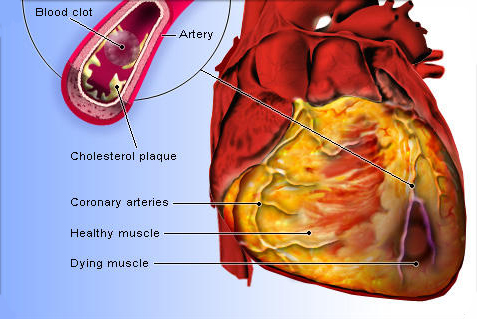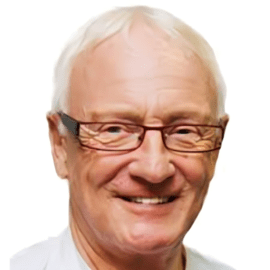
Ischemic cardiomyopathy (IC) occurs when your heart muscle becomes weakened. It can result from a heart attack or coronary artery disease. Healthy lifestyle choices can help lower your risk of complications and reduce your chances of developing IC in the first place.
Cardiomyopathy (cardio-my-op-a-thee) means disease of the heart muscle. It affects the muscle of your heart and reduces its ability to pump blood to the rest of your body.
It’s possible to have early-stage heart disease with no symptoms. If blood flow becomes impaired due to coronary artery disease, you may experience:
- extreme fatigue
- heart palpitations
- swelling in your abdomen
- cough or congestion, caused by fluid in your lungs
- difficulty sleeping
- weight gain
- Breathlessness upon exertion (caused by fluid building up in the lungs)
- Arrhythmias
- Hypertrophic cardiomyopathy may cause dizziness, fainting, heart murmurs and chest pain
- Restrictive cardiomyopathy can cause swelling of the hands and feet
If you develop these symptoms, seek medical care immediately.
Diagnosing cardiomyopathy may require several tests. Any of the following may be required to make a firm diagnosis.
- blood tests to measure the level of cholesterol and triglycerides in your blood
- imaging tests, such as an X-ray, CT scan, or MRI to examine your internal tissues
- an electrocardiogram (ECG or EKG) to record electrical activity in your heart
- an echocardiogram to evaluate your heart function using sound waves
- cardiac catheterization including a coronary angiography to check for narrowing of your arteries
- radionuclide studies to assess your heart’s pumping function
- a stress test or treadmill test to monitor your heart’s activity during exercise
Your doctor must first address the underlying cause of your IC in order to treat it. Most often the culprit is coronary artery disease. Doctors may recommend a combination of:
- lifestyle changes
- medications
- surgery or other procedures
BestHeartSurgery is a comprehensive information portal that gives both the common man and medical professionals.

